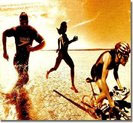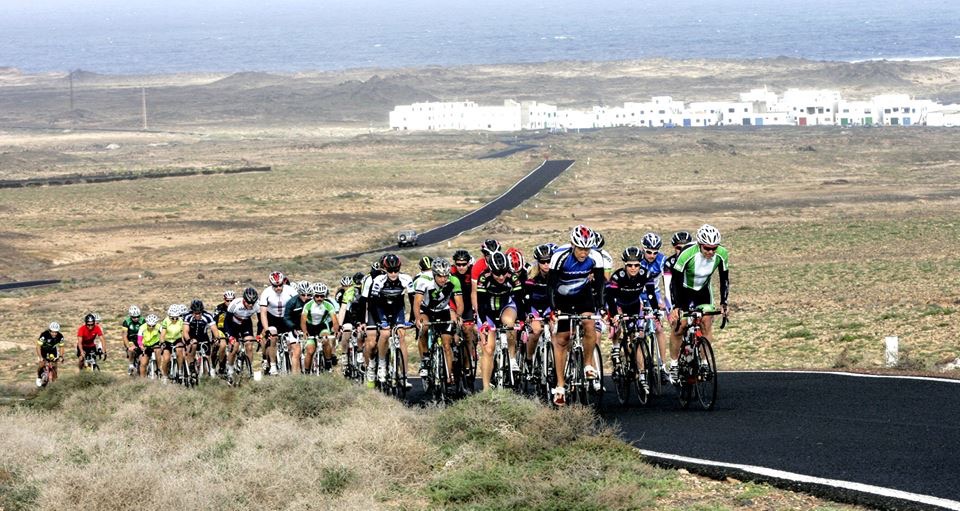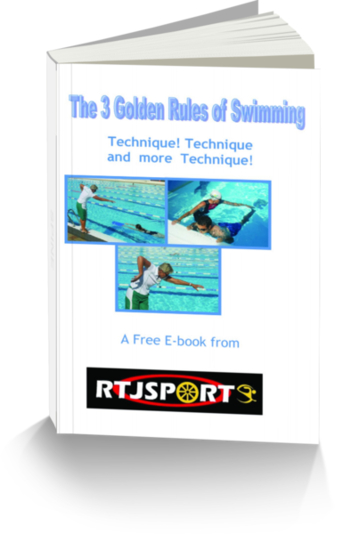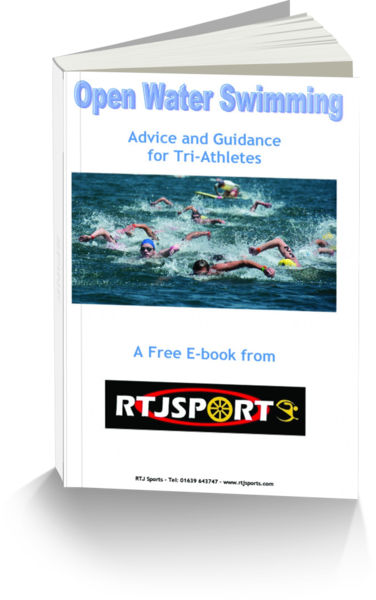Training Plans
Before anyone embarks on a training plan, it is very important to have a medical check. This data will help you and your coach to map out the best plan suitable to you. This data is an excellent basic tool to record your progress throughout your triathlon journey.
This record of training times gives an initial idea of time and an introduction of time management.
The tests indicate basic fitness.
All athletes coming into the sport of Triathlon start at different levels, largely dependent on generic inheritance.
Having said that, success in Triathlon results from consistency in training, which equals fitness.
Refining and learning the skills of triathlon comes with experience, and the collection of knowledge that comes with the sport = results and podium places.
The medical and general health data will cover:
Medical background?
Basic Fitness? {Always know your numbers/times}
Fitness test
Mobility Test
General questions:
Are you a member of a club?
Do you have access to a gym?
What training facilities do you have available?
Running track?
Grass area for running?
Swimming Pool?
Turbo Trainer?
Weight-Training or Fitness Room?
Do you have company to train with in swimming? Cycling? Running?
Other triathletes?
Strengths & Weaknesses?
Budget?
Time Commitment/Time available for Training?
How much training time do you have each week?
Do you work shifts?
Do you work Flexi Hours?
Family commitments? School Run, School Holidays?
Simple commitment table for you to see at a glance what time you can spare.
| Morning | Lunchtime | Afternoon | Evening | |
| Monday | ||||
| Tuesday | ||||
| Wednesday | ||||
| Thursday | ||||
| Friday | ||||
| Saturday | ||||
| Sunday |
Goals and Aims:
What are your goals and aims for next year?
To complete a sprint Triathlon?
To compete in an Olympic Triathlon?
To go the World Championships? Europeans? Or Nationals?
Short Term Goals?
Long Term Goals?
List your aims in order of priority.
- ………………………
- ………………………
- ………………………
- ………………………
- ………………………
How serious are you about triathlon?
Have you had a coach before?
What do you expect from your coach?
The Plan
The details of your plan will depend on your background in the sport. If you are training for your first triathlon, the focus will be on building a foundation that includes distance at a specific pace, and working on skill technique development.
Beginners will spend most their time on neuromuscular development to enable them to “go the distance” without the risk of injury to muscles, tendons and joints. Be patient at this stage and learn the skill of triathlon; the emphasis is not on speed development.
Recreational triathletes will spend the endurance development phase focusing on form and duration of workouts at a heart rate zone, with the occasional session being done at a tempo pace.
Intermediate athletes will already have a solid training base, so they will focus on fine-tuning their pace to reach a goal pace. For the most part, these athletes need to include a variety of phases, which will focus on endurance, tempo, and threshold sets.
Planning your years training:
A year round training programme is divided into three main phases:
- The Off Season: This is the phase where the foundation is done. This is the main building block that supports the structure of your season.
- Pre-Season: Transition Training, Speed Endurance Sets.
- Race Season: Speed Work and incorporating Tapering
The training Pyramid
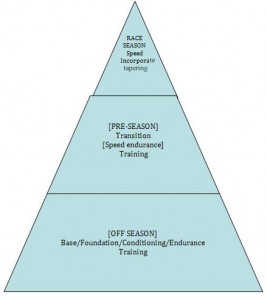
Planning your training for an entire season starts by determining how much time you have to prepare for the event.
Counting from the event backwards, the ideal length of your training will depend on the distance that you decide.
Individuality:
Everyone’s needs are different, so it is important that a training schedule is tailored to the individual.
A few factors that you should consider before you book your first race.
- Most athletes that decide to have a go at triathlon normally have a background in one of the disciplines.
- Training with a purpose is the key to a long and healthy triathlon career. A step-by-step progression in training that includes goals for both training and racing must be well thought out and adhered to.
- This plan as you get more experienced and you learn your skill, will need to be adapted periodically based on the evaluation of short -term training and racing goals. From data collected you and your coach can analyse your strengths and weaknesses. Each of these strengths & weaknesses must then be analysed in terms of long -term goals set for you.
- Technique, endurance, speed, power, strength, and range of motion, in each of the three disciplines should all be considered when determining your training profile.
- Transition training workouts will be a included into any triathlon programme.
- Races can be won or lost here [particularly in shorter distance], these workouts greatly improve your efficiency
For help with training plans and other aspects of coaching, contact Rose Jones on 01639 643747 or email rosemarie.jones@hotmail.com.

